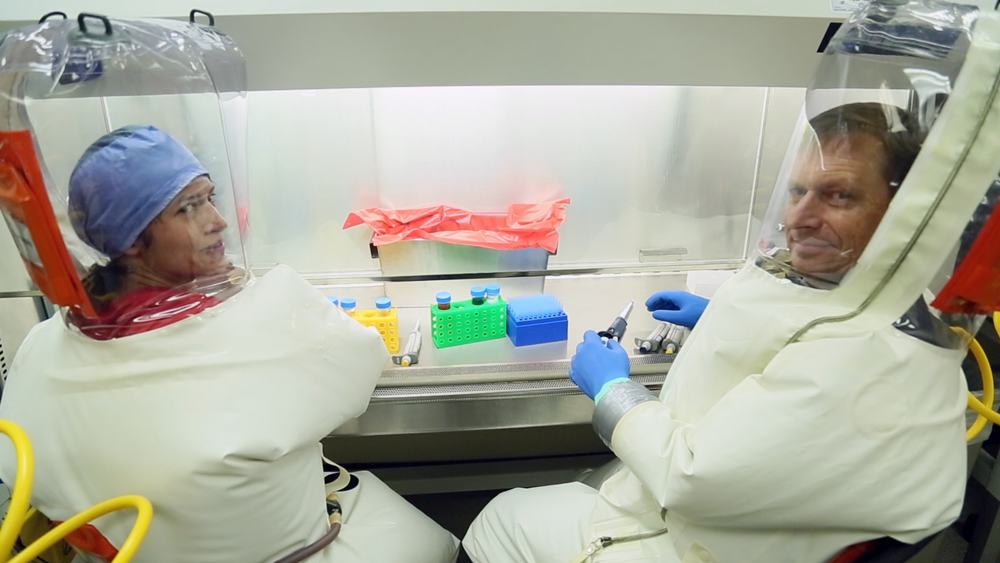Researchers Develop Vaccine that Protects Primates Against Ebola

Complete the form below to unlock access to ALL audio articles.
Previous studies with primates suggest that aerosols of most biothreat agents, which are particles dispersed in the air, are infectious. Recent studies show that contact with the Ebola virus through the mucus membranes that line the respiratory tract results in infection, suggesting that airway linings may be important portals of entry for the virus. Aerosolized delivery has never before been tested for an Ebola vaccine or any other viral hemorrhagic fever vaccine.
“A needle-free, inhalable vaccine against Ebola presents certain advantages,” said lead author Michelle Meyer, UTMB postdoctoral fellow in the department of pathology. “Immunization will not require trained medical personnel.”

The study characterized the immune responsgenerated by vaccination against Ebola delivered to the respiratory tract as either an aerosol or liquid. Direct comparisons were made with an unrelated protective injectable Ebola vaccine. This included detailed comparisons between immune T cell responses in the lungs, spleen and blood. A single vaccination with the aerosol developed by the researchers protected non-human primates against the severe disease and death caused by lethal Ebola infection.
“This study demonstrates successful aerosol vaccination against a viral hemorrhagic fever for the first time,” said virologist Alex Bukreyev, UTMB professor and a senior author. “A single-dose aerosol vaccine would enable both prevention and containment of Ebola infections, in a natural outbreak setting where healthcare infrastructure is lacking or during bioterrorism and biological warfare scenarios.”
The findings of this study provide the basis for advancing this experimental vaccine to an NIH phase I clinical study. Pending approval through an Investigative New Drug Application, the aerosolized form of the vaccine will be evaluated for replication, safety and immunity development in a study in adults.

